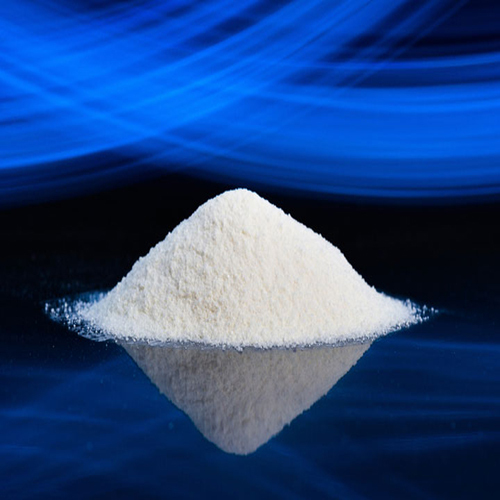
Sodium Chlorite
1450.00 - 1500.00 USD ($)/Ton
Product Details:
- Shape Granules
- Poisonous YES
- Solubility slightly soluble in methanol, ethanol
- Density 2.468 Gram per cubic centimeter(g/cm3)
- Storage Room Temperature
- Physical Form Powder
- CAS No 7758-19-2
- Click to View more
X
Sodium Chlorite Price and Quantity
- 1450.00 - 1500.00 USD ($)/Ton
- 20 Ton
Sodium Chlorite Specifications
- white solid
- Industrial
- Industrial
- NaClO2
- 7758-19-2
- anhydrous decomposes at 180200C; trihydrate decomposes at 38C
- Room Temperature
- Powder
- slightly soluble in methanol, ethanol
- 2.468 Gram per cubic centimeter(g/cm3)
- YES
- Granules
Product Description
Our company offers highly pure Sodium Chlorite that is commonly used in a wide range of commercial as well as industrial applications which include waste water treatment, bleaching, chemical manufacturing, pulp and paper processing, medical, and many more. It physically appears as a white odorless compound with a density of 2.468 grams per cubic centimeters. Sodium Chlorite has a chemical formula of NaClO2 with a molecular formula of 90.442 grams per mol. This powdered compound may cause irritation in respiratory systems on inhaling hence it is advised to handle with extra care. Buy from us this compound at a reasonable price.
Sodium Chlorite Properties:
1. Chemical Structure: Sodium chlorite consists of one sodium (Na+) ion and one chlorite (ClO2-) ion. It is composed of sodium cations and chlorite anions.
2. Physical State: Sodium chlorite is usually found as a white or slightly yellowish crystalline powder.
3. Solubility: Sodium chlorite is soluble in water and other polar solvents. It forms a clear, colorless solution when dissolved in water.
4. Odor and Taste: Sodium chlorite is odorless and has a slightly salty taste.
5. Reactivity: Sodium chlorite is a strong oxidizing agent and can react violently with reducing agents or combustible materials. It is important to handle it with care and follow safety guidelines.
6. Decomposition: At elevated temperatures, sodium chlorite decomposes to form sodium chlorate (NaClO3), oxygen gas (O2), and sodium chloride (NaCl). This decomposition reaction can be initiated by heat, light, or contact with certain substances.
Applications of Sodium Chlorite:
1. Water Treatment and Disinfection: Sodium chlorite is used as a water treatment chemical to disinfect water supplies, particularly in municipal water treatment plants and industrial settings. It effectively kills bacteria, viruses, and other microorganisms, making water safe for consumption.
2. Bleaching Agent: In industries such as textiles, paper, and pulp, sodium chlorite is used as a bleaching agent for fabrics, paper products, and other materials. It helps remove color and impurities from the raw materials.
3. Chemical Synthesis: Sodium chlorite is a precursor for generating chlorine dioxide (ClO2), which is a powerful oxidizing agent. Chlorine dioxide is used in various chemical processes, including pulp and paper bleaching, water treatment, and as a disinfectant in certain applications.
4. Disinfectant and Sanitizer: Sodium chlorite is utilized in various disinfection applications, such as surface cleaning and sanitization in healthcare facilities, food processing, and commercial spaces. It helps eliminate harmful microorganisms and maintain hygiene.
5. Food Industry: Sodium chlorite is sometimes used as a food additive to control microbial growth and extend the shelf life of certain food products. However, its use in the food industry is regulated and controlled due to safety considerations.
6. Medical and Therapeutic Applications: Sodium chlorite has been investigated for potential medical uses, such as an antimicrobial agent and as part of alternative health therapies. However, its medical applications are controversial and not widely accepted, and its use for medical purposes is subject to regulatory restrictions.
7. Chemical Oxidation Reactions: Sodium chlorite can be used in various chemical reactions where controlled oxidation is required. It can act as an oxidizing agent in certain synthetic processes.
8. Deodorizing and Odor Control: Sodium chlorite solutions can be used to eliminate odors in various settings, including wastewater treatment, industrial processes, and odor control applications.
9. Veterinary and Animal Health: Sodium chlorite can be employed in animal health applications, such as disinfecting animal drinking water or cleaning animal housing environments.
10. Oil and Gas Industry: Sodium chlorite can be used in the oil and gas industry for controlling bacteria and biofilm growth in drilling and production operations.
FAQ:
Q. What is sodium chlorite?
Ans: Sodium chlorite (NaClO2) is a chemical compound composed of sodium (Na+), chlorine (Cl), and oxygen (O) atoms. It is commonly used for its oxidizing and disinfecting properties in various industrial and chemical applications.
Q. What is sodium chlorite used for?
Ans: Sodium chlorite is used for water treatment, bleaching in industries like textiles and paper, chemical synthesis, disinfection, and as a potential food additive. It is also explored for medical and therapeutic applications, although its use for these purposes is subject to regulatory restrictions.
Q. Is sodium chlorite the same as chlorine dioxide?
Ans: No, sodium chlorite is not the same as chlorine dioxide (ClO2). Sodium chlorite is a precursor to chlorine dioxide. When sodium chlorite is activated with an acid, it can produce chlorine dioxide, which is a powerful oxidizing and bleaching agent.
Q. Is sodium chlorite safe to handle?
Ans: Sodium chlorite can be hazardous if not handled properly. It can release toxic chlorine gas when mixed with strong acids. Inhalation, ingestion, or skin contact with sodium chlorite can be harmful. Proper safety precautions, protective equipment, and handling procedures are necessary when working with this compound.
Q. Can sodium chlorite be ingested or used as a health treatment?
Ans: The use of sodium chlorite for health treatments is controversial and not widely accepted. It has been promoted as part of alternative health therapies, but its ingestion can be extremely dangerous and lead to serious health risks. Medical professionals strongly advise against using sodium chlorite for health purposes.
Q. What are the risks associated with sodium chlorite?
Ans: Risks include the potential for release of toxic gases, skin and eye irritation, and severe health effects if ingested or inhaled. Sodium chlorite should be handled with caution, and exposure should be minimized. Follow safety guidelines and regulations when using it.
Q. Where can I buy sodium chlorite?
Ans: Sodium chlorite is available from chemical suppliers and distributors. However, due to its potential hazards and controlled applications, its sale may be restricted in some regions. Purchase and use should comply with local regulations.
Q. How should sodium chlorite be stored?
Ans: Sodium chlorite should be stored in a cool, dry, well-ventilated area away from incompatible materials, such as strong acids. It should be kept in its original container and properly labeled. Storage guidelines provided by the manufacturer should be followed.
Q. Can sodium chlorite be used for water purification?
Ans: Yes, sodium chlorite is used for water purification and treatment. It is an effective disinfectant that can kill bacteria, viruses, and other microorganisms in water supplies. However, its use should be in compliance with regulatory guidelines and recommendations.
Q. Is sodium chlorite the same as household bleach?
Ans: No, sodium chlorite is not the same as household bleach (sodium hypochlorite). While both compounds can have disinfecting properties, they are chemically different and have distinct uses and characteristics.
Enter Buying Requirement Details
 English
English Spanish
Spanish French
French German
German Italian
Italian Chinese (Simplified)
Chinese (Simplified) Japanese
Japanese Korean
Korean Arabic
Arabic Portuguese
Portuguese
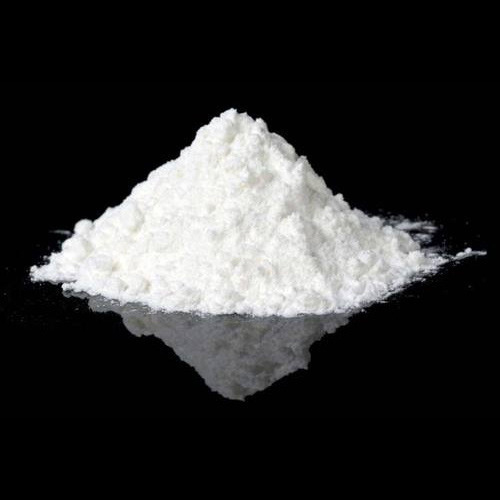
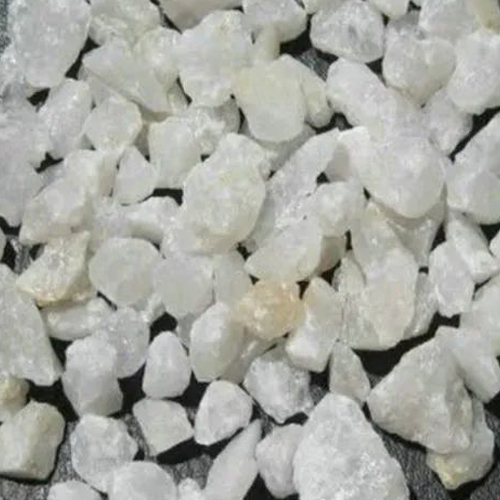
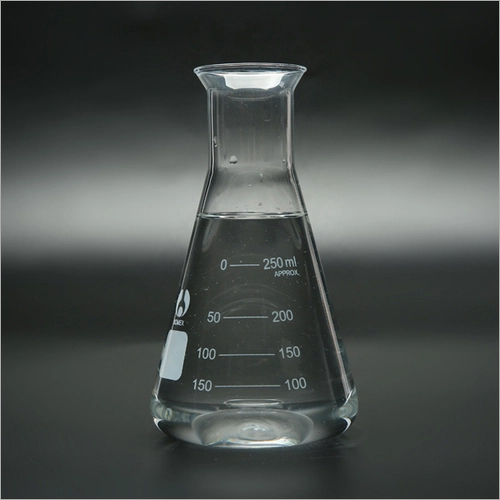
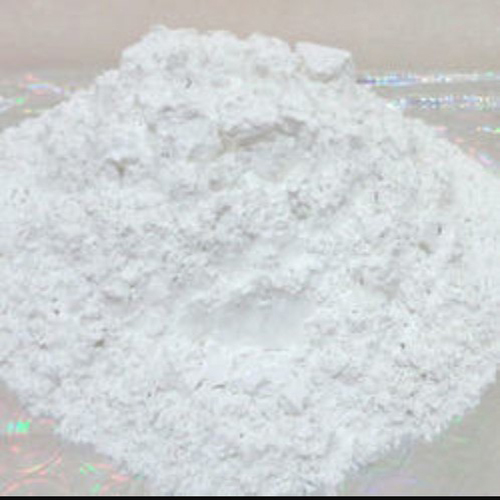
 Contact Us
Contact Us Send Inquiry
Send Inquiry